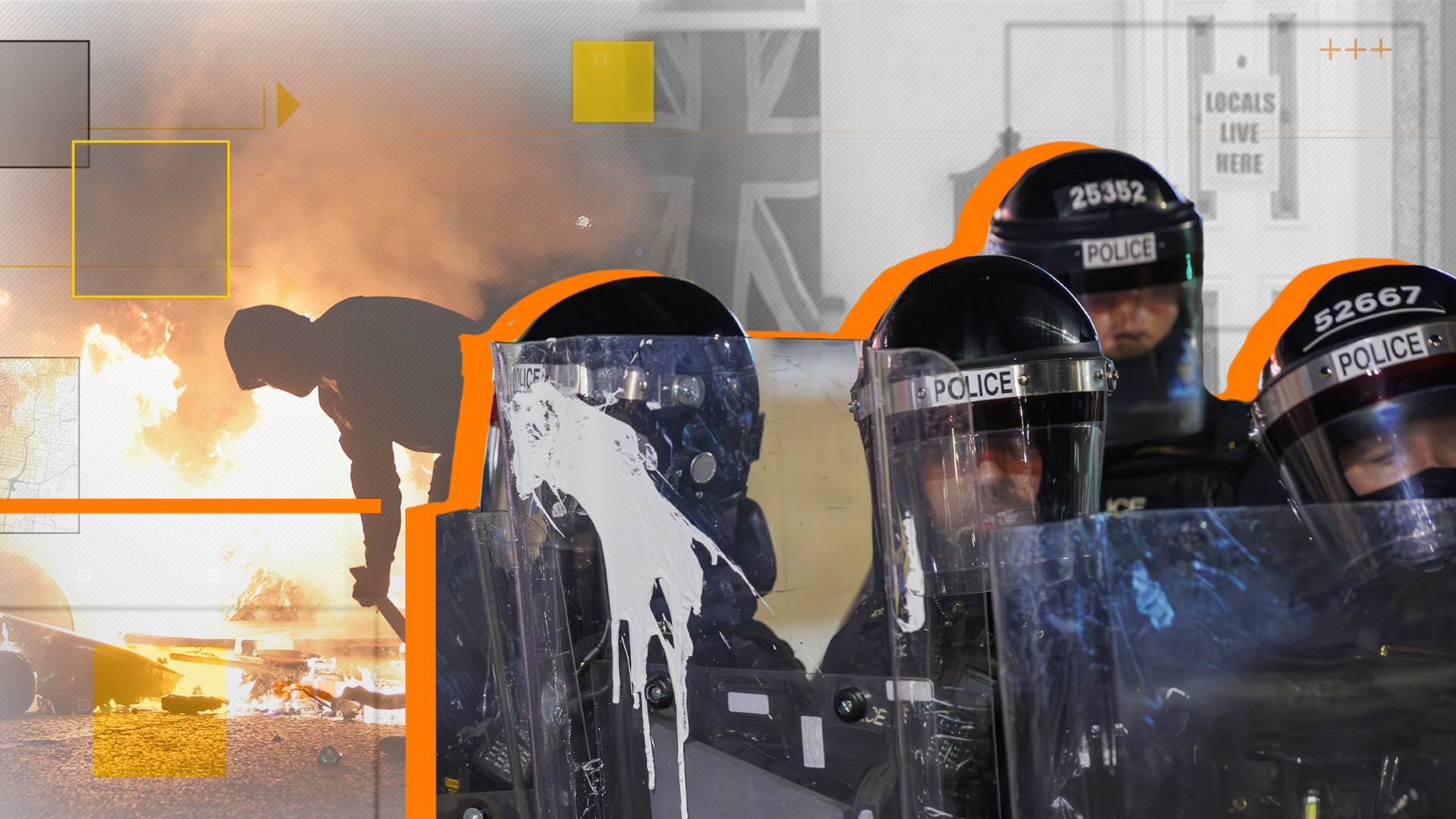How to Spot Fake Supplements When Buying Protein Powder
In the world of fitness and nutrition, protein powders are considered a staple for muscle building, post-workout recovery, and even weight loss. The global boom in health and wellness awareness has led to an ever-increasing demand for protein supplements. However, with popularity comes pitfalls—chief among them is the risk of counterfeit supplements.
Fake protein powders not only waste your money but may also pose serious health risks. Adulterated or counterfeit products can contain harmful substances, incorrect ingredients, or sub-par protein quality. If you’re trying to make gains or even maintain your general health, consuming fake supplements could do more harm than good. With so many brands, flavours, and sources available—especially online—how can you ensure that what you’re buying is genuine?
This blog offers a comprehensive guide on how to spot fake protein powders, especially if you plan to buy protein powder online in Dubai. We’ll walk you through signs to look out for, where to shop, and how to protect your health and your wallet.
1. Understand the Dangers of Fake Supplements
Before we dive into identifying counterfeit products, it’s important to understand why spotting them is crucial. Fake supplements are often produced in unhygienic environments and lack regulatory oversight. These can contain:
-
Excessive fillers like flour, starch, or even chalk powder.
-
Banned substances like steroids or stimulants.
-
Incorrect dosages of nutrients, leading to inefficacy or side effects.
-
Allergens or contaminants that could trigger serious reactions.
Not only can this affect your fitness journey, but it could also lead to serious complications such as liver damage, hormonal imbalances, or heart issues. For athletes, contaminated products can even result in a failed drug test.
2. Be Wary of Prices That Are Too Good to Be True
The age-old saying “you get what you pay for” often rings true when it comes to supplements. If you find a product priced significantly lower than usual—especially for a globally recognised brand—approach with caution.
Counterfeiters lure customers by slashing prices and offering bulk deals. While we all love a good discount, extremely low prices can be a red flag. Authentic protein powders come at a cost because they go through rigorous testing, quality assurance, and certification processes.
If you plan to buy protein powder online in Dubai, make sure the platform is reputable, the pricing aligns with market averages, and the seller provides complete product information.
3. Examine the Packaging Carefully
One of the easiest ways to detect a fake supplement is by scrutinising its packaging. Here's what to look for:
-
Brand Logo & Font: Counterfeit products often feature logos and font styles that are slightly off. Compare it with an image from the official brand website.
-
Seal & Cap: A broken or missing seal is a red flag. Genuine products always come with a tamper-evident seal.
-
Spelling Errors: Typos and grammatical mistakes are common signs of fakes.
-
Holograms or QR Codes: Many authentic brands now include holograms, authentication stickers, or scannable QR codes that you can verify online.
-
Expiry Dates and Batch Numbers: Legitimate products will always have a printed batch number and expiry date, not stickers or handwritten labels.
4. Check the Smell, Taste, and Texture
If you’ve already purchased the product, your senses can give you the next best clue. Open the container and check:
-
Smell: A strong, chemical-like or musty smell is unusual and could indicate contamination.
-
Taste: Fake products often have an overpowering artificial flavour or might taste chalky and bland.
-
Texture: Real protein powders are usually fine and consistent. Gritty, lumpy, or uneven textures may be a sign of substandard or fake ingredients.
If something feels "off", trust your gut and stop using it immediately.
5. Always Buy From Authorised Sellers or Trusted Platforms
The surest way to avoid fake protein powders is to buy from a trustworthy source. Here’s what to consider:
-
Official Brand Websites: Many supplement companies have their own websites or list their official retailers.
-
Reputable E-commerce Sites: Stick to well-known platforms that verify sellers.
-
Pharmacies and Certified Health Stores: If buying in person, choose stores known for their strict sourcing policies.
Avoid buying from Instagram sellers, WhatsApp groups, or shady websites with limited product information and no return policy. And always check for reviews—not just of the product, but of the seller too.
6. Look for Certifications and Lab Testing
Authentic supplements are often backed by third-party certifications and lab tests. These include:
-
NSF Certified for Sport
-
Informed-Choice
-
US Pharmacopeia (USP)
-
ISO Certification
Additionally, some brands provide Certificates of Analysis (CoA) upon request, which show lab results for that batch. If the brand or seller is reluctant to share this, that’s a warning sign.
7. Research the Brand and Its Reputation
When choosing a supplement brand, especially online, take time to research:
-
History and Reputation: Brands that have been around for a long time and have a strong community following are generally more trustworthy.
-
Customer Reviews: Read both positive and negative reviews on multiple platforms.
-
Presence in Health Communities: Are fitness coaches and nutritionists recommending this brand?
You can also join local fitness forums or communities in Dubai to get recommendations from seasoned gym-goers who may know which products are genuine and where to get them safely.
8. Don’t Fall for Influencer Marketing
Instagram ads and influencer reviews can be deceiving. While many influencers genuinely endorse what they use, there are cases where brands pay for promotion without verifying the product’s authenticity.
Always follow up any influencer recommendation with your own research. Check if the influencer discloses sponsorships and whether the brand they’re promoting is recognised and certified.
9. Watch for Side Effects After Consumption
Once you start using the protein powder, pay close attention to how your body reacts:
-
Digestive Issues: Bloating, nausea, or diarrhoea can indicate low-quality ingredients or additives.
-
Breakouts or Rashes: These could be allergic reactions to unknown substances in the supplement.
-
No Results After Weeks of Use: If you’re taking your protein consistently and eating well but still seeing no gains, it could be under-dosed or fake.
Discontinue use if you experience any unusual symptoms and consult a doctor if needed.
10. Know Your Rights and Return Policies
When shopping online, especially for something you ingest, always check the return and refund policies. Legitimate sellers will often have:
-
Clear return policies in case the seal is broken or if you’ve received the wrong item.
-
Customer support that is responsive to product-related queries.
-
Invoicing and receipts to prove your purchase and claim warranties if needed.
Screenshots, receipts, and unboxing videos can also be useful if you need to file a complaint or raise a dispute.
Final Thoughts: Choose Smart, Stay Safe
In the pursuit of health and fitness, the last thing you want is to risk it all by consuming a counterfeit product. Fake supplements are unfortunately common, but the tools to avoid them are well within your reach. By being vigilant and well-informed, you can shop smartly and protect your body and investment.
If you're unsure, consult a fitness coach or registered dietitian for brand recommendations. And remember, if a deal seems too good to be true—it probably is.
A good practice is to rely on reputable platforms, including any Dubai online pharmacy that is certified and reviewed by users. Such pharmacies often stock health supplements alongside medicines and are subject to tighter regulations than independent or unknown sellers. By choosing wisely and staying alert, you can ensure that your protein powder works for your health and not against it.
What's Your Reaction?
 Like
0
Like
0
 Dislike
0
Dislike
0
 Love
0
Love
0
 Funny
0
Funny
0
 Angry
0
Angry
0
 Sad
0
Sad
0
 Wow
0
Wow
0
































